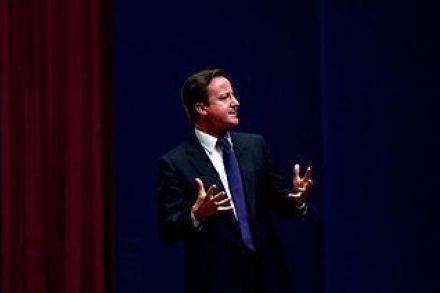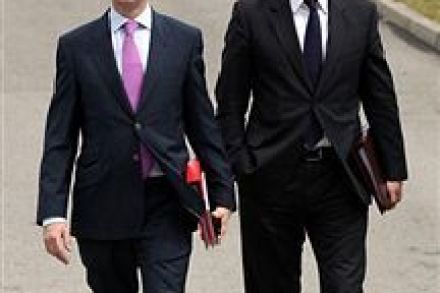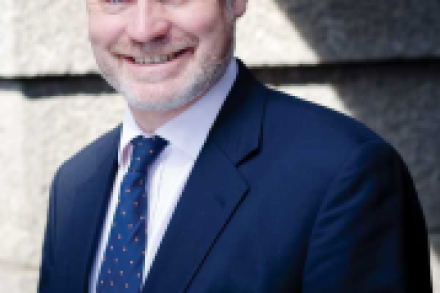Straw fails to improve
Jack Straw did not improve on his previous PMQs performance today. He used up all six questions on Coulson and they were all too long-winded. Clegg got through it without too many problems, regularly using the operational independence of the police as a shield, as the Home Secretary did on Monday. The deputy PM also had the moment of the session when he informed the house that the first person to call Mr Coulson after he had resigned was Gordon Brown who had wished him well for the future. But at the very end of session, Labour got what they needed to keep this Coulson story going for yet another



















